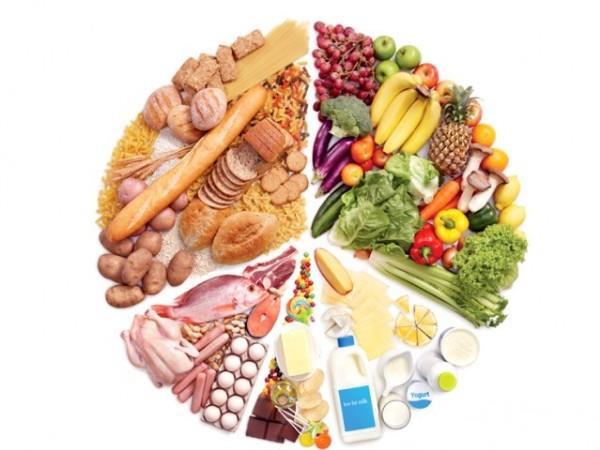
Pakistan- Investments to end hunger can improve economy: study
The report 'Strategic Review of Food Security and Nutrition in Pakistan' identifies challenges to achieve the Sustainable Development Goal 2 (SDG) 'zero hunger' in Pakistan and makes recommendations on how to overcome them at federal and provincial levels, says a press release.
'The report's recommendations will be useful for Pakistan in achieving SDG 2 in the time span we have set for reducing the food insecure population to 30 percent by 2025 and tackling malnutrition by 2030,' said Secretary, Economic Affairs Division(EAD), Arif Ahmed Khan. 'This is the way forward to build on the economic gains so far and help fully unleash the greatest asset of Pakistan – its people.'
The launch was attended by David Kaatrud, Regional Director for Asia and the Pacific of the United Nations World Food Programme (WFP). Kaatrud noted that: "WFP welcomes this review as a basis for planning an effective programme of food security and nutrition support which WFP can contribute as part of Pakistan's commitment to SDG 2'.
Pakistan has made significant progress over the past decades and brought food security and nutrition to a more prominent place since 2010.Today the agriculture sector produces more than enough to achieve self-sufficiency in the main staples. Furthermore, the Benazir Income Support Programme now reaches about one third of the impoverished population, and resources were just made available to help more than 1.5 million people graduate from poverty and leave hunger behind.
The report lauds such gains as impressive, but cautions that they must not lead to complacency as Pakistan aspires to become an upper middle-income country and top-25 economy by 2025, because sufficient quantities of food at the national level and reduced poverty alone do not equal food security and good nutrition for all.
The report outlines that significant progress can be initiated quickly. Existing delivery platforms can be used to promote exclusive breastfeeding and provide supplements and complementary feeding for children and women of childbearing age. A scale-up of such interventions is cost-effective and would only require small re-allocations of Government funds. Other 'quick fixes' include fortifying wheat with important micronutrients and modifying existing social safety nets to not only reduce poverty, but also improve food security and nutrition.
The report is published as Pakistan – like the rest of the international community – is defining exactly how to deliver on Sustainable Development Goal 2 to 'end hunger, achieve food security and improved nutrition, and promote sustainable agriculture' by 2030.
The United Nations Resident Coordinator in Pakistan, Neil Buhne said: 'The review makes it clear that as Pakistan moves forward, the focus has to be on improved food and nutrition security, so as to improve the lives of the most vulnerable citizens and ensure the delivery of Pakistan's 2025 vision. The UN team is committed to support the government in this regard'.
The Strategic Review of Food Security and Nutrition in Pakistan is an independent study commission by the United Nations World Food Programme. The research was steered by an Advisory Group jointly chaired by UNRC and EAD comprising representatives of Ministry of Planning, Development and Reforms, Ministry of National Food Security and Research, Ministry of National Health Services and Regulation, SUN business and Academic Network, SDPI, University of Agriculture Faisalabad, National Humanitarian Network and Pakistan Humanitarian forum. The experts from IFPRI and AKU surveyed a plethora of available studies and data, and ran economic models to calculate the benefits of improved food security and nutrition. They also facilitated participatory consultations and met with stakeholders in each province and area to foster a shared understanding of how to achieve SDG 2.

Legal Disclaimer:
MENAFN provides the
information “as is” without warranty of any kind. We do not accept
any responsibility or liability for the accuracy, content, images,
videos, licenses, completeness, legality, or reliability of the information
contained in this article. If you have any complaints or copyright
issues related to this article, kindly contact the provider above.












Comments
No comment